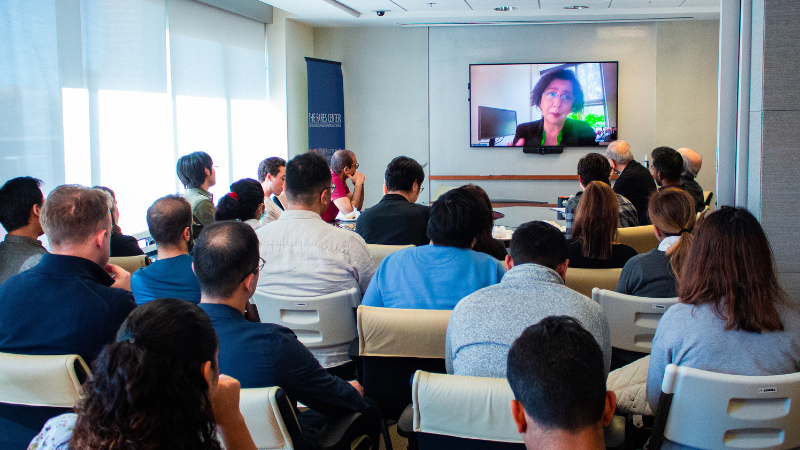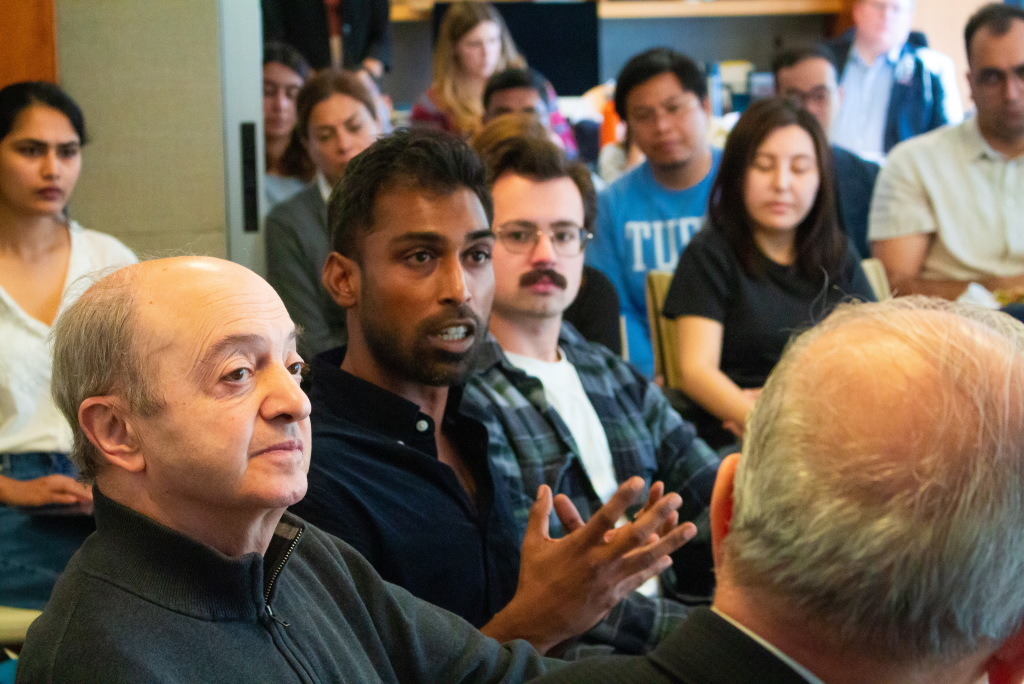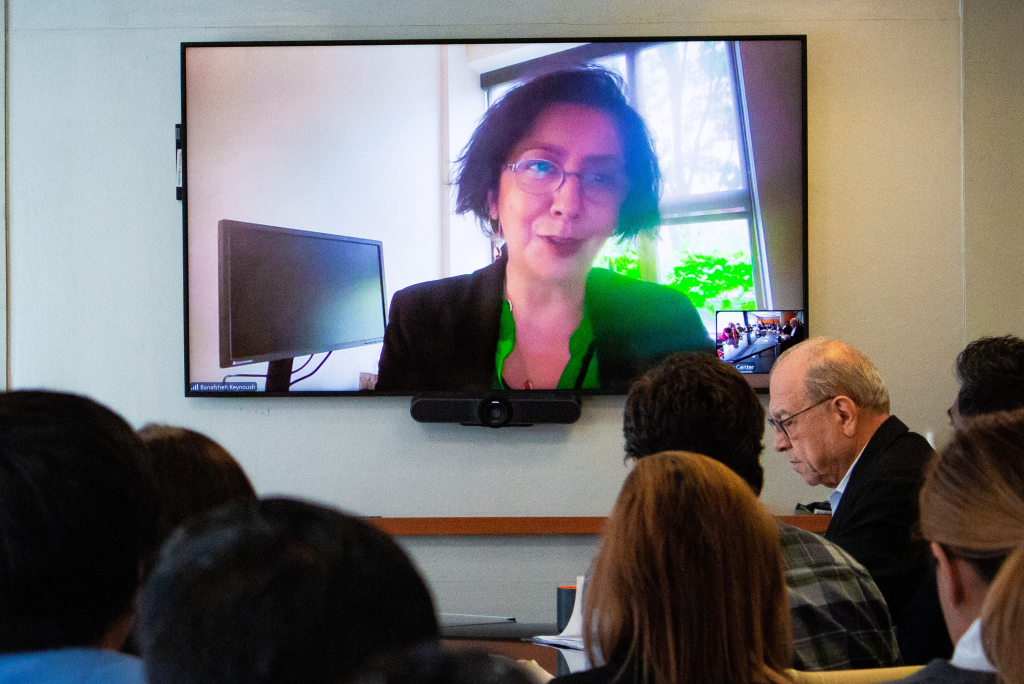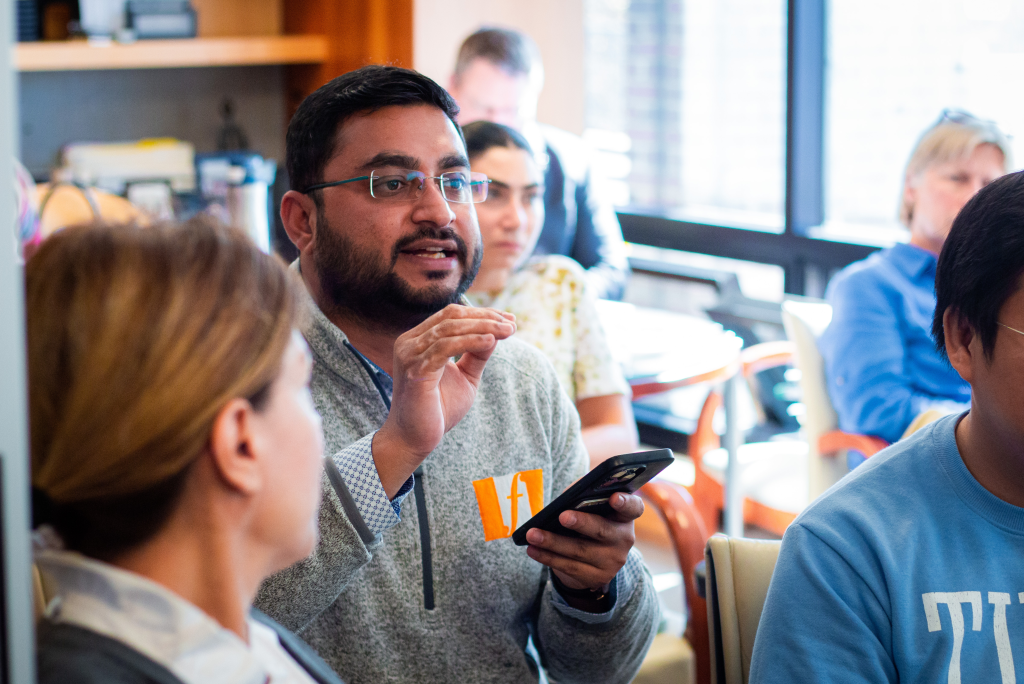
Iran’s Strategic Calculations on the Middle East Wars
On October 23, 2024, the Fares Center hosted Dr. Banafsheh Keynoush, Scholar in Residence at the University of Notre Dame, for a discussion on Iran’s strategies in the ongoing conflicts across the Middle East.
Dr. Keynoush began with an examination of Iran’s comprehensive approach, highlighting its multi-flank strategy, which aims to exert influence through alliances with groups such as Hezbollah and Hamas. She explained that this approach is designed to encircle Israel and challenge its regional dominance, thereby advancing Iran’s influence without direct confrontation. Dr. Keynoush also addressed recent shifts in Iran’s nuclear posture, noting that Iran may be moving toward a more assertive weapons program. The nuclear doctrine, she explained, is part of Iran’s strategy to strengthen its defensive position while avoiding direct, large-scale conflict.



Regarding present conflicts in the region, Dr. Keynoush argued that Iran seeks temporary solutions that could alleviate some of the region’s current tensions. She highlighted Iran’s support for a ceasefire in Gaza, followed by humanitarian aid, as essential steps in addressing the immediate crisis. In discussing Iran’s long-term vision for Gaza, Dr. Keynoush outlined steps Iran believes are necessary, including establishing a council elected by Gaza’s residents to foster integrated governance between Gaza and the West Bank. Iran’s view, she noted, is that sustainable peace will require addressing the interconnections among the various Middle Eastern conflicts.
She also discussed Iran’s perception of the Abraham Accords as a significant threat and examined its evolving diplomatic strategy, particularly in relation to the United States. She noted that, while Iran remains ideologically opposed to direct engagement with the U.S., it leverages international forums when they are perceived as beneficial to the country’s strategic interests.
Dr. Keynoush concluded by emphasizing that Iran’s strategies are guided by a combination of ideological commitments and pragmatic calculations. Iran’s goals in the region, she noted, reflect a desire to maintain influence and regional stability on its terms, highlighting the importance of understanding Iran’s nuanced approach to conflict and diplomacy in the Middle East.
